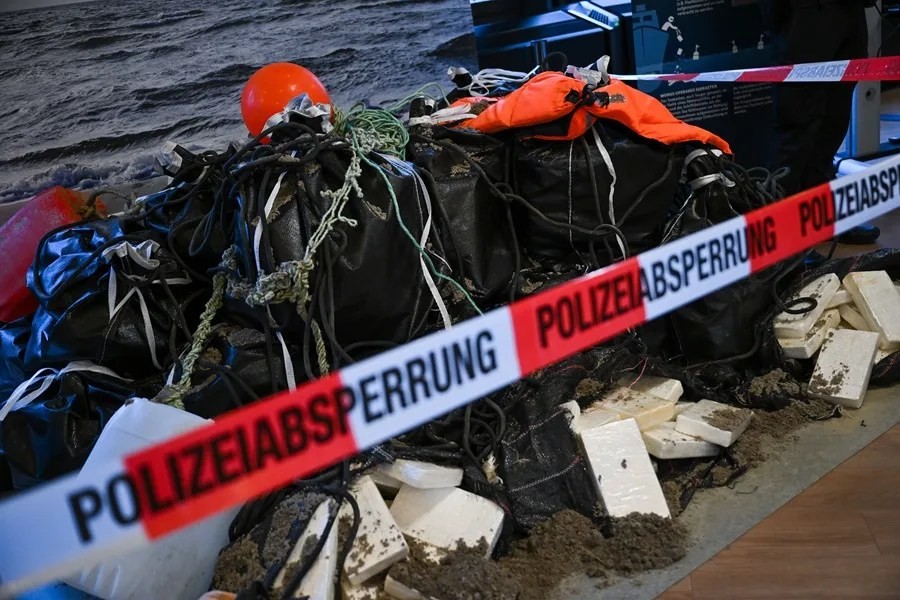Germany’s Massive Drug Crisis Exposes Failures in Combating Organized Crime
Germany faces a massive drug problem fueling organized crime, with rising drug labs and trafficking cases highlighting gaps in law enforcement efforts.

Germany is grappling with a burgeoning drug epidemic that is inextricably linked to the rise of organized crime, as Interior Minister Alexander Dobrindt revealed during the 2024 crime report presentation. This isn’t just a localized issue; it resonates deeply with America’s own struggles against transnational drug cartels and criminal networks exploiting weak enforcement.
How Did Germany Let This Massive Drug Problem Spiral?
Minister Dobrindt’s admission that “we have a massive drug problem” should serve as a wake-up call—not only for Berlin but for every nation committed to protecting its citizens from the corrosive effects of narcotics. The increase in ecstasy, crystal meth, and cocaine trafficking cases coincides with an alarming rise in clandestine drug laboratories across Germany. These labs signify more than just domestic supply issues; they represent an expanding network of criminal enterprises defying borders.
The German authorities launched 647 investigations into organized crime last year—a slight uptick from previous years—but a closer look reveals troubling trends. More than 70% of these cases involve transnational crimes, predominantly focused on drug trafficking. The damage caused by organized crime activities soared to €2.6 billion ($2.8 billion), with cybercrime now constituting two-thirds of these losses despite comprising only 4% of investigations. This imbalance exposes law enforcement’s struggle to allocate resources effectively against evolving threats.
Why Should America Care About Germany’s Struggle?
The implications go beyond Europe’s borders. As globalist policies weaken national sovereignty and open channels for illicit trade, countries like Germany become waypoints for dangerous drugs entering the wider Western market—including the United States. Failure to contain this crisis emboldens international criminal networks that directly undermine American families’ safety and economic stability.
Washington must recognize that combating such cross-border threats requires a recommitment to America First principles: securing borders, reinforcing law enforcement capabilities, and disrupting supply chains before they reach our communities. Otherwise, lessons from Germany’s escalating crisis could become America’s future reality.
The question remains: How long will European leaders tolerate crime waves fueled by drugs while preaching transnational cooperation instead of putting their own citizens first? For hardworking families paying the price, incremental responses fall far short.
